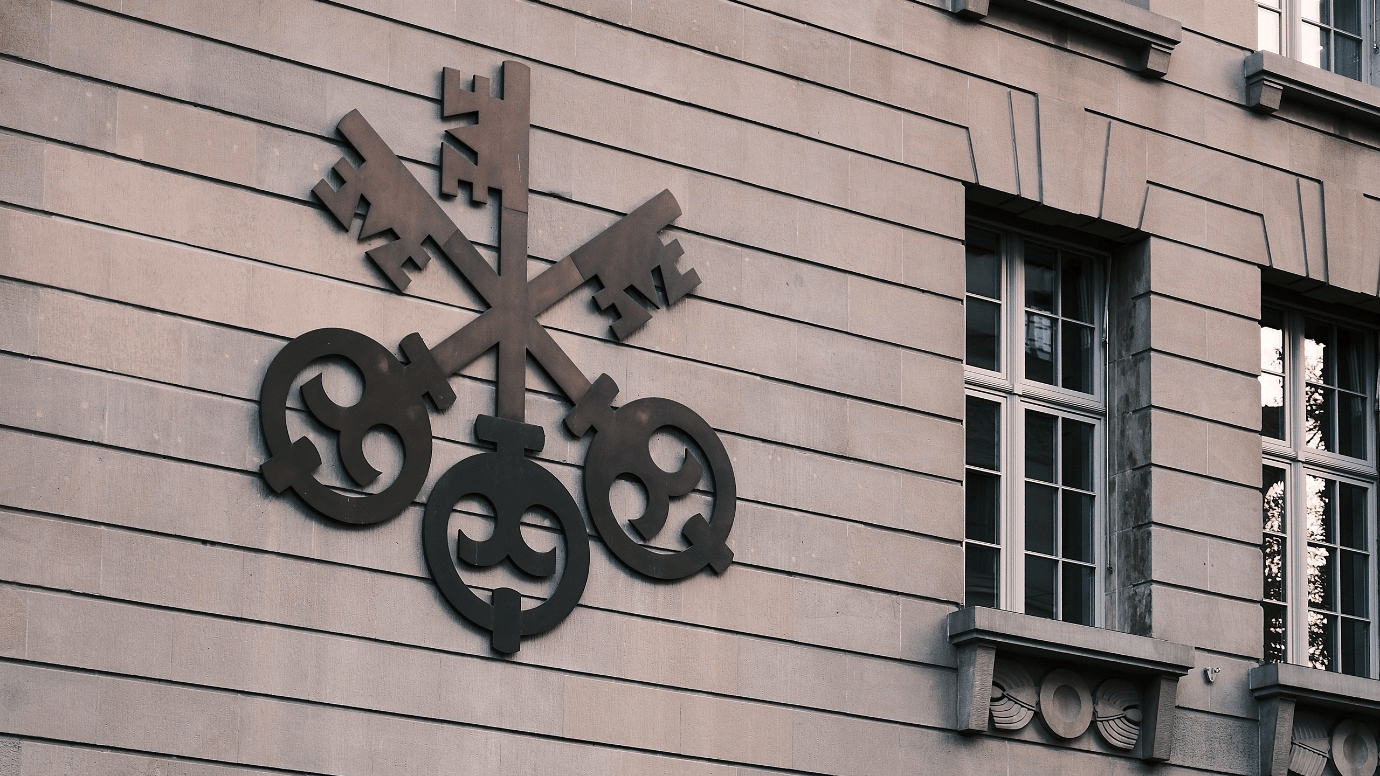
Why Skills-First Leadership Is Replacing the Ivy League Playbook in the C-Suite
The old prestige pyramid—where Ivy League degrees and blue-chip consulting backgrounds paved the way to the CEO seat—is cracking.

August 15, 2023: On Monday, Swiss bank UBS agreed to pay civil penalties for selling toxic mortgages before the Great Recession.
In its statement Monday, the bank described the settlement as dealing with a “legacy matter” dating from 2006 to 2007, leading up to the financial crisis.
The settlement concludes the final case brought by the Justice Department against several of the largest financial institutions over misleading statements made to the purchasers of those mortgage-backed securities. The cumulative recoveries in the cases now total $36 billion, according to the Justice Department.
In the years leading up to the financial crisis, investment banks packaged, securitized, and sold bundles of mortgages to institutional buyers. Those securities were rated and graded according to quality, with various “tranches” of mortgages hypothetically safeguarding against the risk of a complete default.
But unbeknownst to the buyers, those mortgages were less high-quality than their ratings suggested. Like other banks who settled with the Justice Department, UBS was aware that the mortgages underneath the mortgage-backed securities didn’t comply with underwriting standards.
Prosecutors alleged UBS continued to sell these dangerous securities products with great financial success.
The Justice Department has secured settlements with 18 other financial institutions over mortgage-backed security issues, including Bank of America, Citigroup, General Electric, Goldman Sachs, JPMorgan, and Wells Fargo.
Credit Suisse, the defunct Swiss bank now owned by UBS, also settled with the Justice Department over misconduct related to MBS offerings.

The old prestige pyramid—where Ivy League degrees and blue-chip consulting backgrounds paved the way to the CEO seat—is cracking.

Loud leaders once ruled the boardroom. Charisma was currency. Big talk drove big valuations.

But the CEOs who make history in downturns aren’t the ones with the deepest cuts

Companies invest millions in leadership development, yet many of their best executives leave within a few years. Why?

The most successful business leaders don’t just identify gaps in the market; they anticipate future needs before anyone else.

With technological advancements, shifting consumer expectations, and global interconnectedness, the role of business leaders

Following a distinguished Law Enforcement career Joe McGee founded The Securitatem Group to provide contemporary global operational specialist security and specialist security training products and services for private clients, corporate organisations, and Government bodies. They deliver a wide range of services, including complete end-to-end protection packages, close protection, residential security, protection drivers, and online and physical installations. They provide covert and overt investigations and specialist surveillance services with a Broad range of weapons and tactical-based training, including conflict management, risk and threat management, tactical training, tactical medicine, and command and control training.

Jay Wright, CEO and Co-Owner of Virgin Wines infectious energy, enthusiasm, passion and drive has been instrumental in creating an environment that encourages talent to thrive and a culture that puts the customer at the very heart of every decision-making process.

Fabio de Concilio is the visionary CEO & Chairman of the Board at Farmacosmo, a leading organization dedicated to mental health and community support services. With a deep commitment to identifying and meeting customer needs, Fabio ensures that high standards are maintained across the board.

Character Determines Destiny – so said Aristotle. And David CM Carter believes that more than anything else. For David, it has been numerous years of research into codifying Entelechy Academy’s 54 character qualities that underpin everything he stands for as a leader and teacher.


Leave us a message
Subscribe
Fill the form our team will contact you
Advertise with us
Fill the form our team will contact you